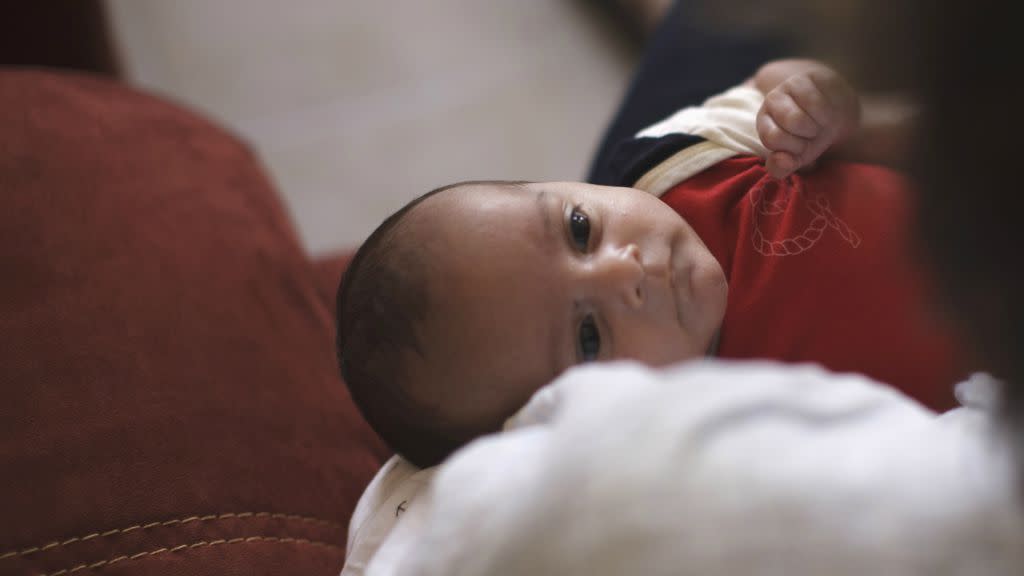A study found a link between genetics and divorce. Should we believe it?

Sometimes science produces findings that I really, really hate. That’s the case with a recent study published in the journal Psychological Science in January 2018, which suggests that a proclivity for divorce runs in our genes.
The study, conducted by researchers from Virginia Commonwealth University and Lund University, comes to this conclusion by comparing the divorce rates of nearly 20,000 adopted children in Sweden to the divorce rates of their biological parents. The research only looks at children adopted before the age of 10. They estimate that children with biological parents who were divorced were a little over 20% more likely get divorced themselves. As for the effect of having divorced adoptive parents? It had no impact at all.
In another test of the effect of genes versus environment, the researchers compared adopted children’s chances of getting divorced to both biological siblings with whom they hadn’t grown up, and to adoptive siblings with whom they were raised. Again, they found that biology seemed to be a factor, while shared rearing was not.
There is no specific divorce gene, write the researchers. But their research clearly shows divorce is correlated to genetics.
This finding seems terrible. It’s scary to consider the idea that nature, rather than nurture, plays such a large role in determining the outcomes of our relationships. It makes life feel too determined. The research also contradicts my worldview that the results of our lives are almost entirely a consequence of the privileges of our upbringing.
Since I was biased against the finding, I set out to figure out what was wrong with it. Was there a methodological flaw? An issue with the data?
I wrote to several researchers who investigate similar topics, all of whom I hold in high regard. I asked if the study was well designed, confident they would tell me it wasn’t. To my dismay, the reviews came back positive.
Dartmouth economist Bruce Sacredote, who has researched the importance of nature versus nurture for economic outcomes, called the study “sensible and interesting.” Princeton sociologist Dalton Conley, who co-authored a book about why social scientists should study genetics, said the study was “a good piece of research.” Conley did point out that the effect of the biological parents could partially result from the time that adopted children spend with their biological parents prenatally and after birth.
Another limitation of this research, as with many studies, is that is based on a specific sample of kids, in a particular country, in a particular time. It is possible the genetic relationship to divorce is stronger in Sweden because of particular cultural values or the genetic makeup of Swedes. Also, it’s not clear exactly how strong the correlation is between divorce rates of biological parents and the divorce rates of children they gave up for adoption. Their best estimate is that a divorced biological parents increases the chances that a child they gave up for adoption will get divorced by 22%, but statistical variance suggests it could easily be 10% less than that.
Still, it looks like the study’s findings hold up. We probably should believe that genetics play a significant role in the likelihood that people will get divorced—probably even a bigger one than our environment. That gives me chills. I still hope it is proven wrong.
Sign up for the Quartz Daily Brief, our free daily newsletter with the world’s most important and interesting news.
More stories from Quartz:

